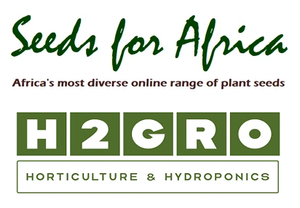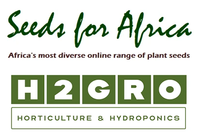Heirloom, Open Pollinated, Non GMO
What is an "heirloom"? The definition is arguable however it is generally accepted that the term applied to fruit, flower or vegetables varieties that were being grown before World War II. Heirloom varieties are open-pollinated. This means that unlike hybrid varieties, the seeds you collect from one year will produce plants with most of the characteristics of the parent plant. Many heirloom varieties were preserved by home gardeners who saved seed from their family gardens from year to year. Many other heirlooms are commercially-bred varieties from the seed catalogues of the 19th and early 20th Centuries.
What is a hybrid? Hybrids were developed for a number of reasons. Hybrids were bred to resist disease, produce much larger crops per plant, produce uniform fruit, and to produce fruit at the same time so all fruit can be harvested at once. Hybrids are not open pollinated, so seed produced and replanted may not have the characteristics of the parent plant.
Are hybrids GMO? No, hybrids are not GMO. Hybrids are created by Farmers and gardeners have been cultivating new plant varieties for thousands of years through selective breeding. They did this by cross-pollinating two different, but related plants over 6 to 10 plant generations, eventually creating a new plant variety. The process required patience, but was rewarding. By selectively cross-pollinating related plants in this way, farmers could create varieties that were healthier and stood up to the farmer’s micro-climate — their soil, their weather patterns, their predatory insects.
What is open pollinated? Open-pollination is when pollination occurs by insect, bird, wind, humans, or other natural mechanisms. Because there are no restrictions on the flow of pollen between individuals, open-pollinated plants are more genetically diverse. This can cause a greater amount of variation within plant populations, which allows plants to slowly adapt to local growing conditions and climate year-to-year. As long as pollen is not shared between different varieties within the same species, then the seed produced will remain true-to-type year after year.
Where do Seeds for Africa fit in? Nothing that Seeds for Africa Stock is GMO. We stock a handful of Hybrid varieties because they are tried and tested varieties that have outstanding results and yields and comparable Heirloom varieties aren't available. Seeds for Africa encourage seed saving of Heirlooms and are here to offer advice on saving your seeds for the next season.










